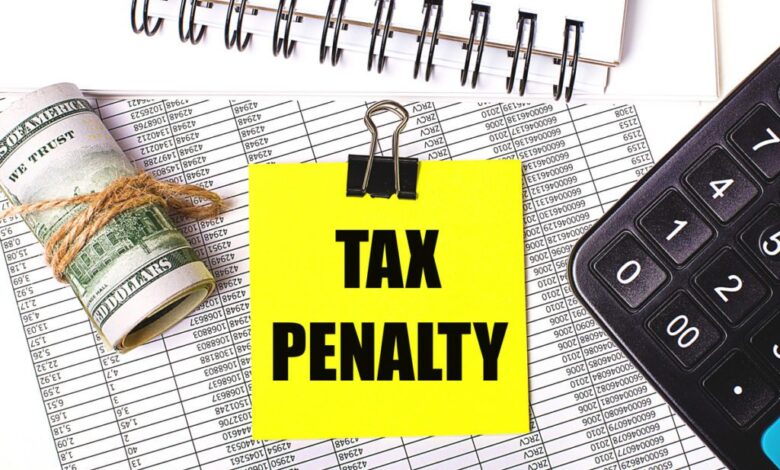Failure To File: A Guide To Late Taxes And Penalties

The goal of a business is to achieve success. And it is safe to say that success, in the financial sense, is accomplished through the company’s ability to generate revenues and produce a profit. As such, all aspects of a company’s operations should be focused on maximizing revenue and minimizing costs. One major cost that most companies are subject to at some point or another is taxes.
Why You Should File on Time
There are several reasons why you should file your taxes on time. If you don’t, you may be subject to late penalties and interest charges. You may also lose certain deductions and credits, which can increase your tax bill.
In addition, the tax relief professional may place a lien on your property or seize your assets if you owe back taxes. And, if you’re self-employed, you may not be able to deduct business expenses if you don’t file on time.
So, it’s in your best interest to file your taxes on time. If you can’t pay the full amount due, you should still file and pay as much as you can to minimize the penalties and interest charges. You can also set up a payment plan with the IRS to make monthly payments.
What Happens After 6 Months?
Assuming you haven’t filed your taxes by the April deadline, the IRS will begin to assess penalties for your late taxes. After six months, the penalty is 5% of the unpaid taxes for each month or part of a month that the return is late, up to a maximum of 25%. If you have a good reason for not filing on time (such as being out of the country or dealing with a natural disaster), you can request an abatement of the penalty.
What Happens After 1 Year?
If you don’t file your taxes on time, the IRS will charge you a late filing penalty. The penalty is 5% of the unpaid tax for each month that your return is late, up to a maximum of 25%. That means if you owe $1,000 in taxes and don’t file until four months after the due date, you’ll owe a $200 penalty –
5% of $1,000 for each of those four months.
Alternatives to the Late Filing Penalty
If you’re unable to file your taxes on time, you may be subject to a late filing penalty. However, there are a few alternatives to the late filing penalty that you may be eligible for. If you can’t pay the full amount of taxes owed, you can set up an installment agreement with the IRS. Under this agreement, you’ll make monthly payments toward your tax debt. As long as you make your payments on time and keep up with your other tax obligations, you won’t be subject to the late filing penalty. If you filed for an extension but still couldn’t file by the extended deadline, you may be able to request a waiver of the late filing penalty. To do so, you’ll need to show that there was a reasonable cause for your failure to file on time (e.g., severe illness or natural disaster).
If none of these alternatives apply to you, you may still be able to reduce your late filing penalty by making a partial payment of your taxes owed. Even if you can’t pay the full amount owed, any payment made will reduce the amount of interest and penalties that accrue on your unpaid tax debt.






